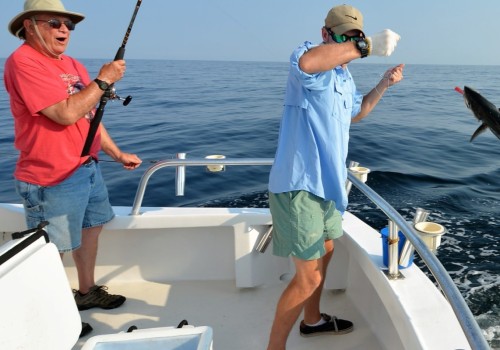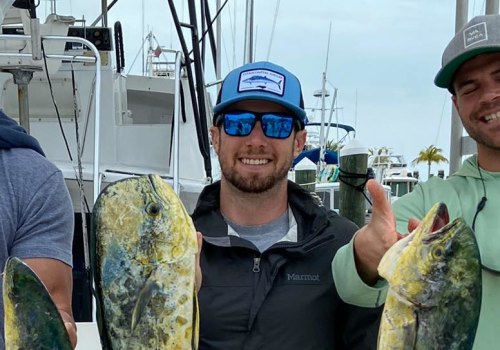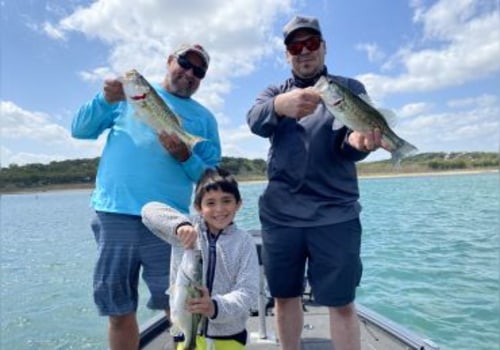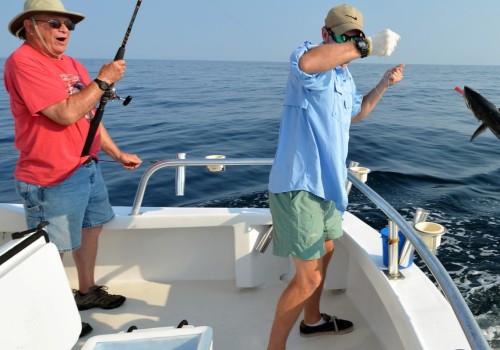When it comes to buying lean protein, many people assume that fish is more expensive than chicken. However, this is not always the case. In fact, in current times, the fact that all normal meats are grown makes them less expensive. Farm animals need more care and attention, but they are also much more reliable and there's an economy of scale involved that makes them much more like mass production.
Grocery shoppers have identified five foods that are cheaper than meat right now and can be used as substitutes in a variety of dishes. While there's nothing better than the real thing, these items are good alternatives if you're looking to save. Mackerel is more oily than tuna, but it tastes just as good and is much cheaper. Recent studies have shown that within the category of meats, overall prices have fallen by 0.9%.
This includes beef which is 2% cheaper, pork chops which are 1.1% cheaper, and sausages which have fallen by 1.5%. When it comes to fish, however, the situation is a bit different. Fishing is a dangerous job that drives up the price of certain types of fish that are difficult to catch. You can try looking for white, scaly fish at the grocery store because it's generally cheaper than other types of fish.
The main difference between meat and fish is that consuming more fish has a long list of health benefits that tend to outweigh the consumption of beef, poultry, pork, or game in general. This includes being a primary source of omega-3 fatty acids. Another reason why fish can be expensive is that some types of fish need expert cooking to be safe for consumption. There are only a few types of fish that are suitable for commercial rearing, most fish are caught in the sea.
Especially since many people now want their fish to be caught in their natural habitat rather than farm-raised, this requires costly expeditions to the ocean so that anglers can catch their fish organically. With fish stocks declining rapidly, seafood prices will continue to rise until more sustainable fishing practices are created. Fish must be processed in central locations due to regulations and health requirements specific to fish and equipment quality.








